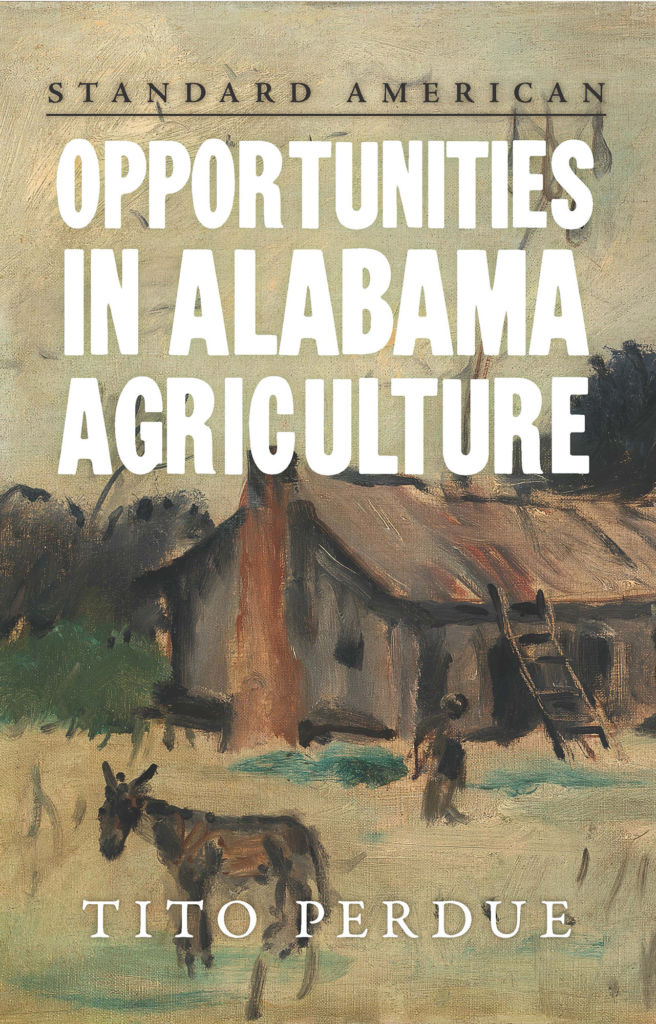Tito Perdue’s Opportunities in Alabama Agriculture

Tito Perdue was born in 1938 in Chile, the son of an electrical engineer from Alabama. The family returned to Alabama in 1941, where Tito graduated from the Indian Springs School, a private academy near Birmingham, in 1956. He then attended Antioch College in Ohio for a year, before being expelled for cohabitating with a female student, Judy Clark. In 1957, they were married, and remain so today. He graduated from the University of Texas in 1961, and spent some time working in New York City, an experience which garnered him his life-long hatred of urban life. After holding positions at various university libraries, Tito has devoted himself full-time to writing since 1983.
His first novel, 1991’s Lee, received favorable reviews in The New York Times, The Los Angeles Reader, and The New England Review of Books. In addition to the present volume, his novels include The New Austerities (1994), The Sweet-Scented Manuscript (2004), Fields of Asphodel (2007), The Node (2011), Morning Crafts (2013), Reuben (2014), the William’s House quartet (2016), Cynosura (2017), Philip (2017), Though We Be Dead, Yet Our Day Will Come (2018), The Bent Pyramid (2018), The Philatelist (2018), The Smut Book (2018), The Gizmo (2019), Love Song of the Australopiths (2020), Materials for All Future Historians (2020), Journey to a Location (2021), and Vade Mecum (2021)—which have been praised in Chronicles: A Magazine of American Culture, The Quarterly Review, The Occidental Observer, and at Counter-Currents.
In 2015, he received the H. P. Lovecraft Prize for Literature.



